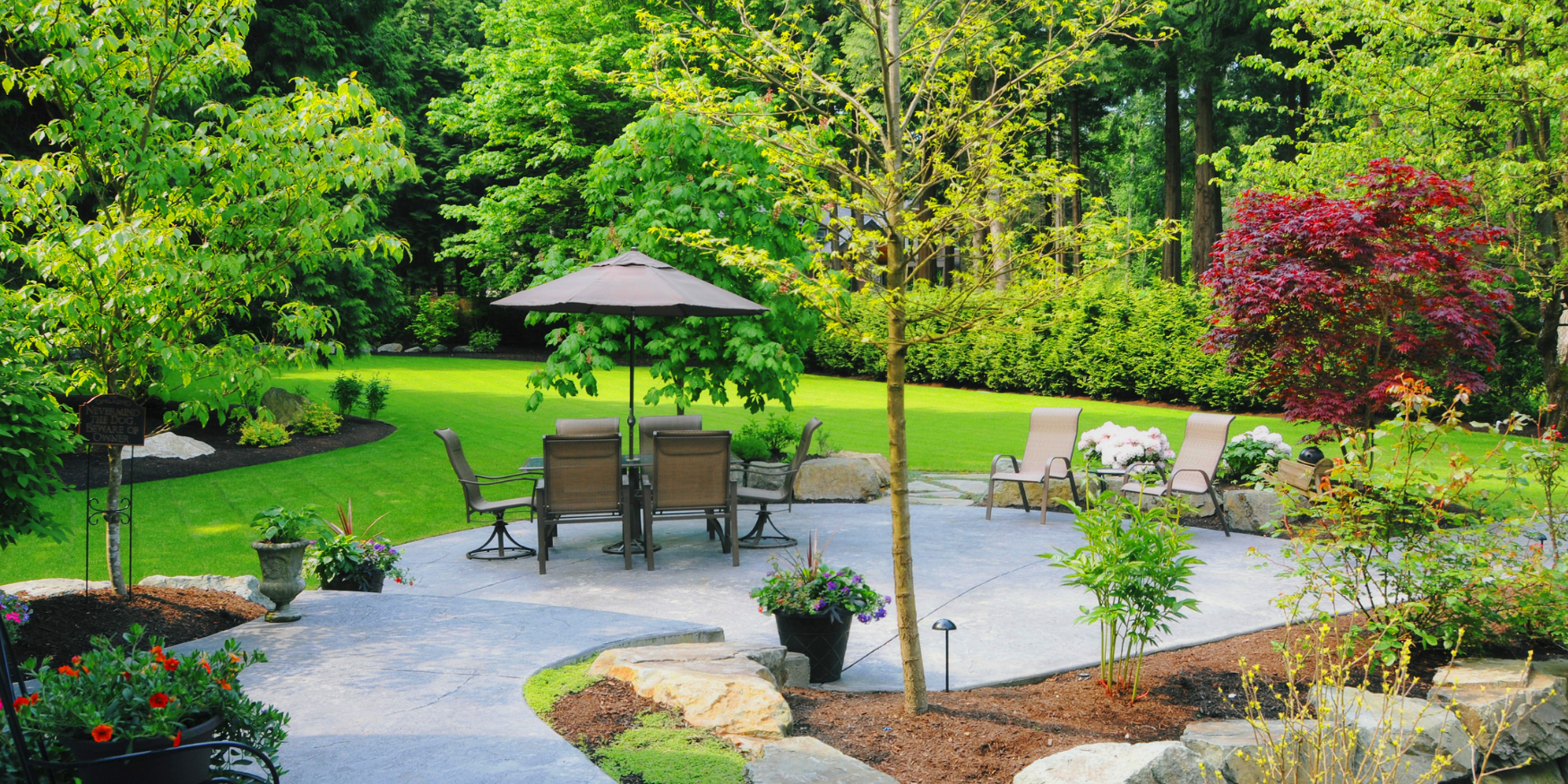
Soil health is the unsung hero of a thriving garden in Lebanon. Beyond being a mere backdrop for plants, the soil forms a complex ecosystem that profoundly influences the growth and vitality of your garden. Understanding and nurturing soil health is a fundamental aspect of creating a sustainable and flourishing landscape. Let's delve into why soil health is crucial in Lebanon landscaping and explore practical ways to ensure your garden soil is at its best.
Healthy soil is a rich source of nutrients essential for plant growth. Lebanon's soil, often leaning towards a clayey texture, benefits significantly from the introduction of organic matter such as compost. This not only enhances nutrient availability but also provides plants with the necessary elements for robust growth.
Optimal soil health plays a pivotal role in water retention, a critical factor in regions with sporadic dry spells like Lebanon. Well-structured soil, enriched with organic content, has a superior capacity to retain moisture. The incorporation of compost contributes to improved soil structure, reducing the need for frequent irrigation.
The structure of the soil directly impacts root development and overall plant health. Compacted soil can impede root growth and hinder the movement of air and water. Practices such as regular aeration and the addition of organic amendments foster a healthy soil structure, allowing roots to penetrate easily and facilitating efficient nutrient absorption.
A thriving soil ecosystem is teeming with microorganisms, including bacteria and fungi, that play a vital role in nutrient cycling and organic matter decomposition. Supporting this microbial community through organic practices contributes to a healthy and balanced soil environment.
The pH level of the soil is a key factor in nutrient availability. Lebanon's soil tends to be slightly acidic, and periodic soil testing can help monitor pH levels. Adjustments, such as adding lime, ensure an optimal pH range for plants to access essential nutrients.
Healthy soil acts as a natural defense against erosion, a concern in landscapes subject to heavy rainfall. Ground cover plants and the use of organic mulches mitigate erosion by reducing water runoff and stabilizing the soil.
Well-maintained soil contributes to the overall resilience of plants against diseases. A balanced and healthy soil environment is less conducive to soilborne pathogens. Practices like crop rotation and proper sanitation enhance disease resistance in your garden.
Prioritizing soil health aligns seamlessly with sustainable landscaping principles. It reduces reliance on synthetic fertilizers and pesticides, promoting environmentally responsible gardening practices that benefit the local ecosystem.
The decomposition of organic matter in the soil releases nutrients, providing a continuous source of nourishment for your garden. Regular additions of compost or well-rotted organic material support this process, contributing to the long-term health of your soil.
Ultimately, the health of your garden is intricately tied to the health of its soil. Plants thriving in nutrient-rich, well-structured soil exhibit resilience, productivity, and aesthetic appeal. Focusing on soil health sets the stage for a vibrant and sustainable landscape in Lebanon, where your garden becomes a testament to the enduring power of a thriving soil ecosystem.

Nurturing lawns, cultivating beauty – that's our promise to you.